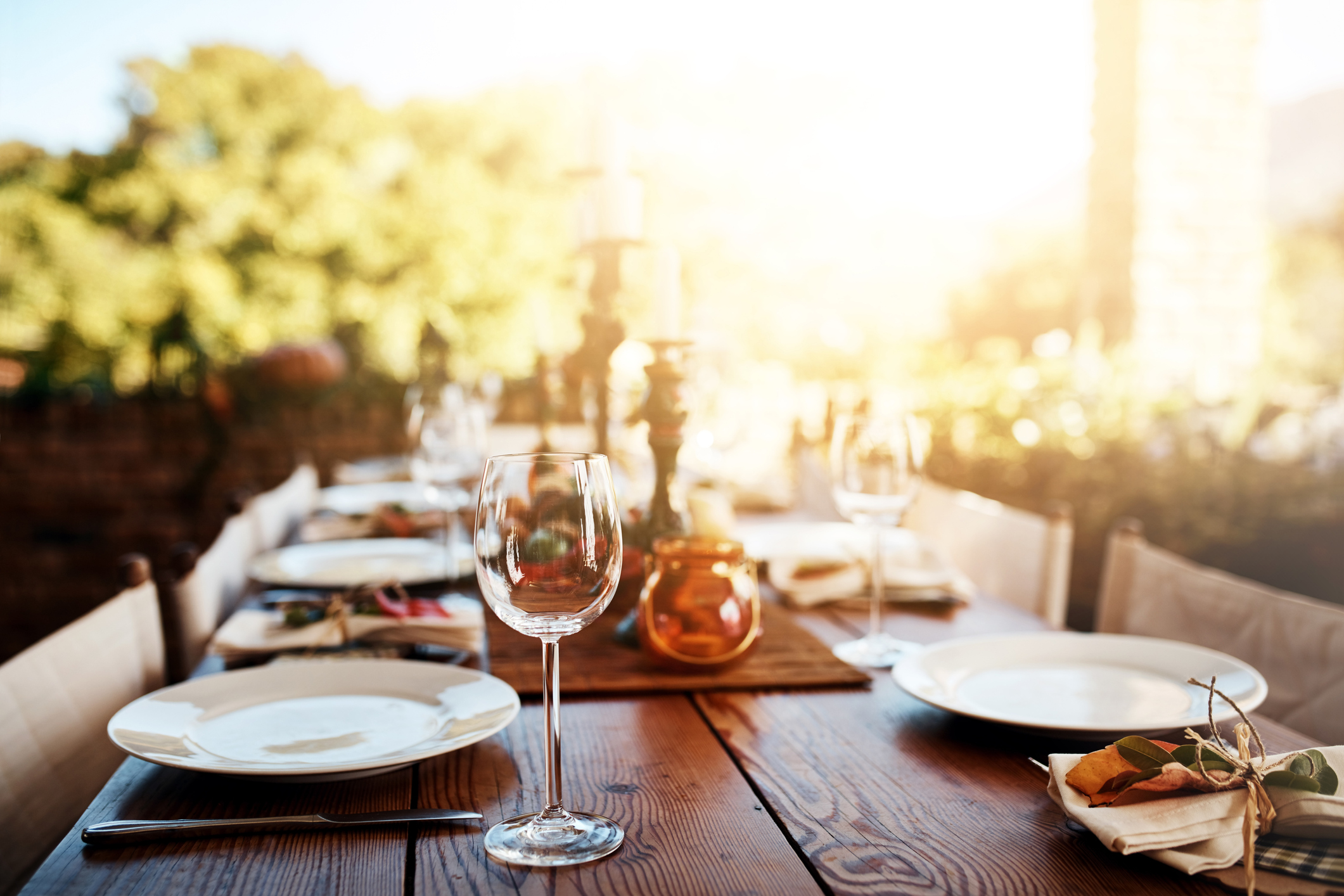Dining In A Different Era

Almost 20 years ago — which dates me a bit — I was one week into my senior year in college when, on a bright blue, crisp September morning, my telephone rang. It was a friend from home, calling at 9 AM, an absurdly early hour for someone who had just, a few weeks before, turned 21. I was just fluttering awake so that I could rush across campus to make it to Andrew Sarris’s film class. He’s dead now, but he was an icon, and September 11, 2001 will always be twinned, in my memory, with his bent, ornery self, talking, in one seminar, about his trip to Broadway to see a show called “Urinetown.”
I wasn’t really awake yet, and 2001 was a pre-Internet age, mostly, which is why I didn’t yet know about the plume of smoke coming from Lower Manhattan. It had started 10 minutes earlier. The phone call was from Massachusetts, which was where I was from. It would be one of the last phone calls I would take for nearly two weeks. Later that afternoon, after classes were halted, I stood at the south-facing window at the end of my dormitory’s hallway and watched one of the towers disintegrate with my very own eyes. In that moment, I was convinced that the world was ending.
I am here to tell you that the world did not end that day. The world did not end the day after, when we believed that the Empire State Building was also a target, or the day after that, or the week after, when I was forced to change plans to fly home for a cousin’s bat mitzvah, and took Amtrak instead. I am here to tell you that it took time, but I was in the thick of it — and we survived.
I mention this because I write about restaurants, and there are, simply, no restaurants to write about right now. We are shuttered, but we can still dream of food. For a while, as we navigate a world without on-premise dining, I will likely reconfigure the focus of this column. I will talk about the places you can still source your food, the purveyors who are making good on their promises to East End residents, and the hope we still can have for the future.
That last part is important, because I want all of you to still have hope. Pandemic is a bleak word, and it may feel impossible to look at the climate of quarantine without ingesting bleakness. But as a survivor of the worst terrorist attack on American soil at only 21 — a survivor who watched people wade through the streets of an eight-million-person city covered in ash, and a survivor who lost friends in the Twin Towers — I can tell you that the road to normalcy is long, but possible.
We will eat out again. We will share tables and meals and memories at restaurants. This is only a pause button, a way to protect the future from the present. When I was still a young writer, still in college, still sifting through the tense few days of a national tragedy, my editor and mentor, Alice, wrote a piece I will never forget. She wrote about going into our school newspaper after the towers fell, and paging through old issues of the paper from the war, and about how the pieces of paper fell apart in her hands — about how she went to the past to understand how to cope with how she felt right then.
I understand that instinct better now, and I understand that my role is to comfort the afflicted, perhaps today not with a memory of food, as I usually aspire to do, but with a promise that we will all eat well again.



